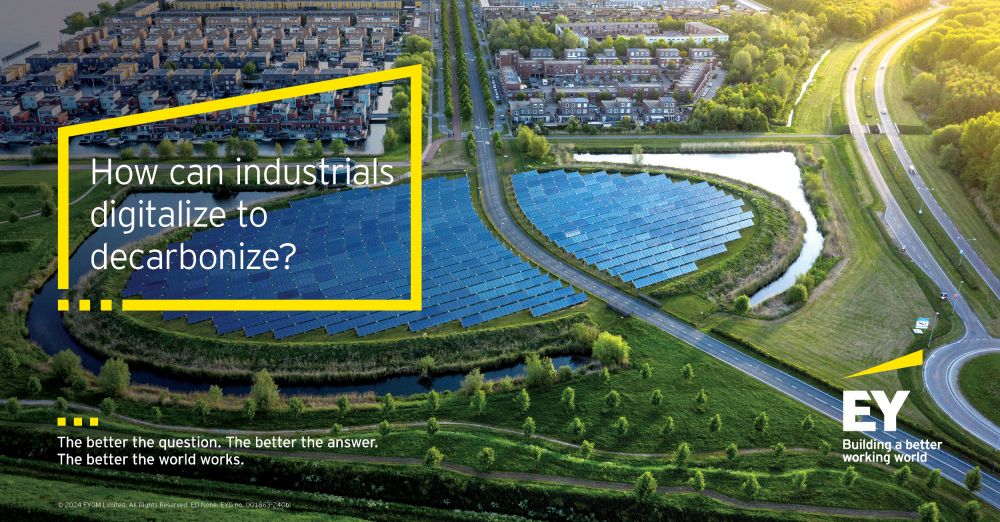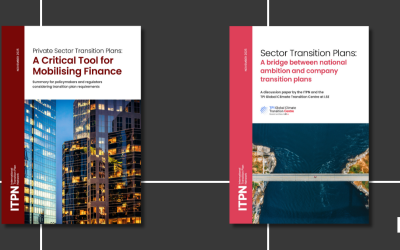Can digital technology help manufacturers reach their net-zero goals?
Industrial companies are finding that digital tools accelerate their transition to carbon-neutral production

Most major industrial companies have set ambitious goals to become fully sustainable in the next 20 to 30 years. Many have already made impressive progress toward being a net-zero carbon producer.
Now comes the hard part. The 2023 EY Sustainable Value Study shows that many companies have already taken the easiest steps toward net zero and are having to work harder to identify and execute projects that make additional progress.
But there is some good news. Net zero aligns closely with improved efficiency and cost savings. Effective net-zero behaviors translate into a better bottom line. To that end, companies are leveraging a wide range of digital tools to make net-zero progress:
- A Danish shipping giant has used cloud computing, artificial intelligence (AI), predictive analytics and inventory management to sharpen its understanding of supply chain emissions and reduce its fuel consumption by 10%.
- A French multinational company that specializes in digital automation and energy management uses a variety of digital tools, including automated supply chain management, 5G-supported flexible production, augmented reality and digital twins, to improve flexibility and reduce energy consumption by nearly a third (32%).
Which digital path is right for you depends on your particular business, but it’s worth remembering that adopting new technologies isn’t just a matter of deploying new systems. Success also demands a strong commitment to multi-step change management:
- Develop a digitalization strategy within your energy transition program. Defining the benefits of digitalizing aligned to energy transition and emissions, as well as assigning clear goals, timelines and metrics, will help to build a strong business case for capital allocation. Ramping up investments will also complement enterprise efforts to build a robust digital ecosystem with advanced cybersecurity protocols.
- Knock down your silos. Data silos across the industrial manufacturing industry have resulted in limited success with data and analytics. This has led to inefficiencies, increased costs and limited use of digital technologies to support a real energy transition. Encourage your team to collaborate across functions with clear objectives and goals.
- Make re-skilling and upskilling a priority. Digitalization as part of an energy transition requires an additional set of skills and competencies across the workforce. Not all workers have the necessary training or experience to support these initiatives. Make net-zero objectives an opportunity to re-skill and upskill the workforce to capitalize on the value proposition and support transition.
Deployed thoughtfully, digitalization can help drive sustainability. Embracing the interconnection between digital technologies and sustainability can accelerate your progress toward meeting your sustainability goals and unlock value for not only your company, but all the other stakeholders in its ecosystem.
Find out more on the latest EY global insights.
Craig Coulter is EY Global Advanced Manufacturing & Mobility, Strategy & Operations and Sustainability Leader. The views reflected in this article are the views of the author and do not necessarily reflect the views of the global EY organization or its member firms.






